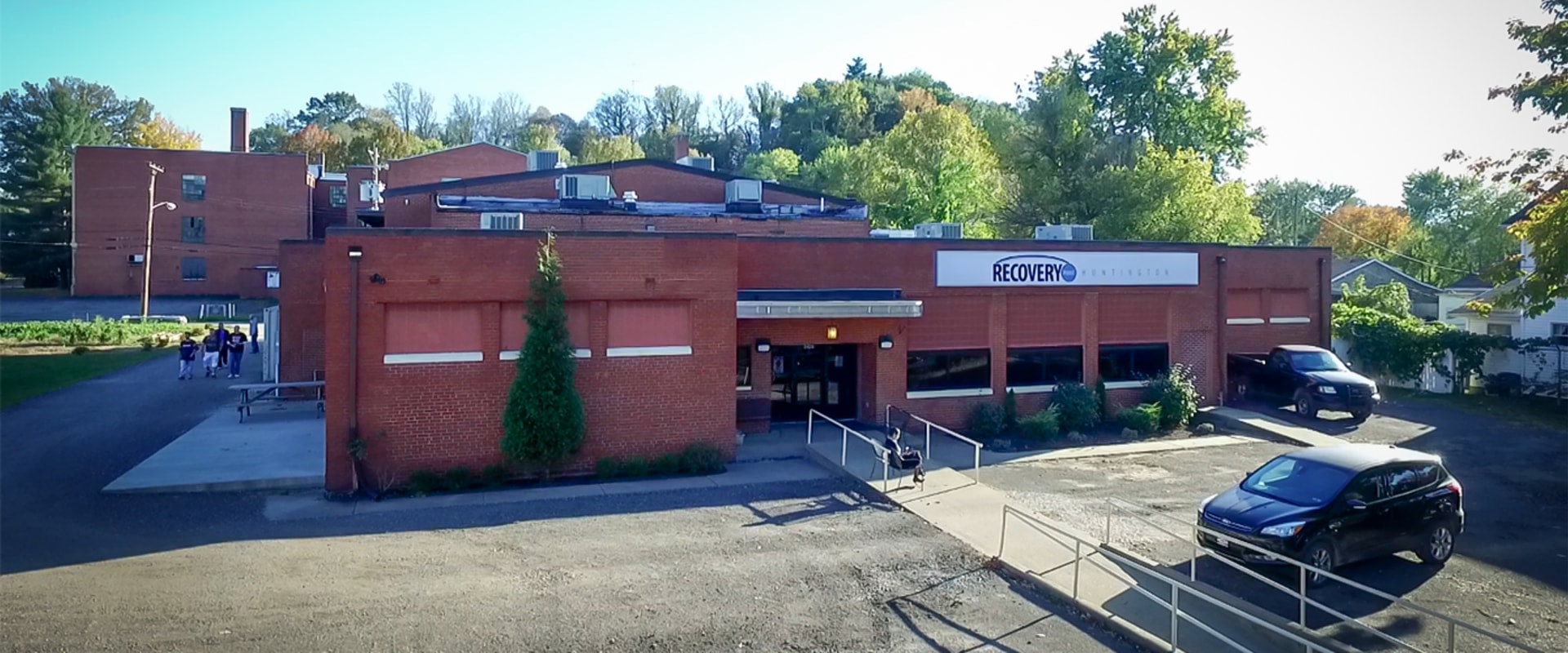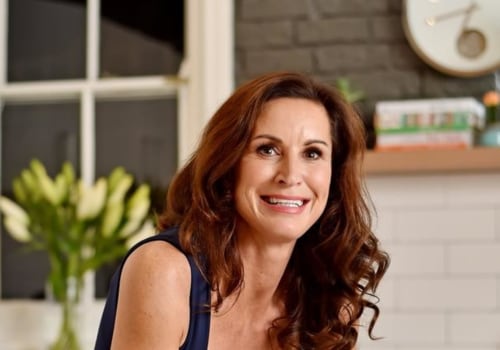As your profession in the area of addiction develops, areyou prepared to assist others? The Academy for Addiction Professionals can helpyou train to be a recovery coach. created for qualified coaches and othertrainers looking to specialize in addiction rehabilitation, such as managers,therapists, and counselors who want to service a burgeoning clientele. There isa rising need for more coaches to help meet the demand for community-basedrecovery resources.
Peer recovery counselors can play a crucial role inaddiction treatment and the continuity of aftercare. Participants in thisintensive peer recovery coaching training receive a thorough review of theethical issues unique to this style of recovery coaching. The premier programfor peer support and recovery education is called the Recovery Coach Academy(RCA), a certified 5-day (30-hour) program offered by CCAR and recognized byASAP NYCB and OASAS.
A recovery coach serves as a personal mentor and guidespersons seeking or already in recovery from an addiction to alcohol and/orother substances. They promote recovery and remove hurdles and impediments torecovery.
There are many other names for this in-demand role, eventhough we support the term "Recovery Coach" in its current usage. Acoach's ability to stick to supporting those who are recovering from anaddiction to alcohol or other drugs sets them apart from other peer positions.A person's recovery support network should include recovery coaches becausethey may offer inspiration, encouragement, and assistance when facingchallenging emotional states.
You will learn techniques in this program for crisisintervention, motivational development, effective communication, and culturalcompetency. The ability to connect recovering individuals with crucialcommunity assistance is emphasized. The Massachusetts Department of PublicHealth's Bureau of Substance Addiction Services created and authorized theintense multi-day training provided by NSCC, and it satisfies the academicrequirements for certification as an addiction recovery coach.
This course gives recovery coaches and other peerprofessionals the chance to examine the fundamental ideas, abilities, andtechniques required to establish and sustain a successful coaching relationshipfrom both a theoretical and practical standpoint.
You would unquestionably gain from our Progressive RecoveryCoach Training (PRCT) training program, regardless of whether your goals are tochange occupations, expand your professional coaching or healthcare practice,or assist a loved one.
With the use of the acronym "N.E.A.R.," whichstands for Navigation, Engagement, Accompaniment & Reduction of Relapses,the PRCT program will give you thorough instruction in the four primary PRCactivities.
More information about the progressive approach to recoverymay be found at Addiction Treatment Providers Aren't Enough.
Information on Progressive Recovery Coach Training (PRCT)
The course consists of two levels of instruction that can betaken independently. In-depth reading and video lectures are part of the Level1 course, which is mostly self-directed. The live webinars for Level 2 provideyou the chance to put your knowledge into practice and gain experience throughpracticum tasks. To earn certification as a Progressive Recovery Coach, youmust pass an oral test and both levels.
It will be possible for you to enroll in Level 2 aftercompleting Level 1.
Coach Training for Progressive Recovery – Level 1
There are 12 lessons total in this self-paced, onlinecourse, which are broken up into the following 3 modules. Each lesson comeswith an accompanying reading assignment and a pre-recorded, one-and-a-half-hourvideo presentation. Student attendance in a 1.5-hour webinar session isrequired after each of the three modules.
Module I: NEGOTIATION...Navigating the complicated world of addictiontreatment
---Why Become a Coachfor Progressive Recovery? is the first lesson.
---Diagnosis ofAddiction: What Exactly Is It? Lesson 2
---Assessment: HowBad Is It? Third Lesson
---How Can It BeTreated? is the fourth lesson.
---Learning Objective5: Finding Evidence-Based Treatment through Navigation
Engaging Individuals in Treatment (Module II)
---Client-Directed& General Coaching Strategies (Lesson 6)
---Lesson 7a:Evidence-Based Engagement Strategies, Part 1: Ultra-Brief MotivationalInterviewing, a research-based substitute for conventional"Interventions" and Al-Anon
---Lesson 7b:Evidence-Based Engagement Strategies, Part 2: Community Reinforcement Approachplus Family Training or CRAFT - another evidence-based substitute forconventional "Interventions" and Al-Anon
Module III: Improving Coaching-Based Treatment Outcomes
---Lesson 8:ACCOMPANIMENT... Being Present for Clients During Treatment- andRecovery-Related Activities
---Lesson 9: ReducingSlips and Relapses
---Lesson 10:Concluding: Motivating Others to Take Action
---Lessons 11 and 12provide the fundamental coaching competencies and certification. Lesson 11 istitled "Ethical and Legal Considerations for a Progressive RecoveryCoach."
This in-depth training can expand your skill set regardlessof whether you already work as a coach, therapist, practitioner, or are new tocoaching. As we go deep into personal development, you will also gain greatlyfrom enormous personal transformation.
Coaches from the Sober Club give so much more to theirclients than "simply stopping drinking"; they use a nonjudgmentalapproach to guiding them toward their inner wisdom. You will learn how to offertechniques that help clients perceive the rich tapestry that awaits them whenthey live in magnificent technicolor - abstinence from alcohol.
Clients can benefit from your assistance in overcoming fear,reclaiming their true selves, regaining their mojo, and discovering theirmotivation. You might have a tremendously positive influence on someone else'slife and achieve financial independence as a Sober Club Accredited Coach. Towant to be prosperous is OK.
What prior knowledge is necessary?
It is best to incorporate this into your work if you alreadycoach people. It's also ideal if you are brand-new to coaching, presentlyprovide therapeutic or people-centered work, and want to share your love andenthusiasm for sobriety and self-care with others. To make sure the program isappropriate for you, we'll call you on the phone.
It is helpful to have at least six months of recovery onyour record before offering sobriety coaching to paying customers, but you maybe eager to complete the program to support yourself, friends, and family andtake clients at a later time. As you can see, this is not coaching for"addiction rehabilitation." Clients who are not alcoholicallyaddicted in a clinical sense are individuals with whom you will receivetraining. Self-care and tools to fully live life are the main points ofemphasis. The focus is on sobriety-based well-being.
In this program, YOUR narrative will also take center stage,revealing the "Authentic You," and the deep transformative workoffers you self-assurance and empowers you to take center stage so that you mayassist others.








Leave Reply